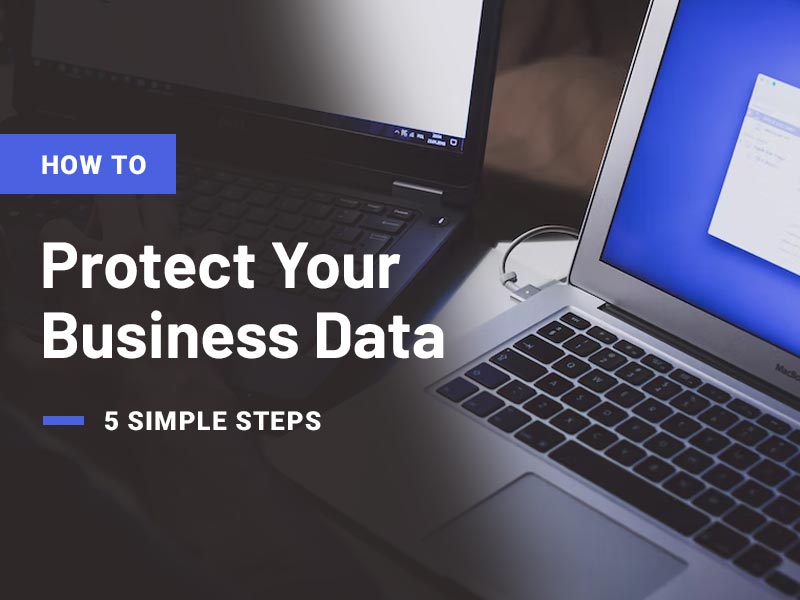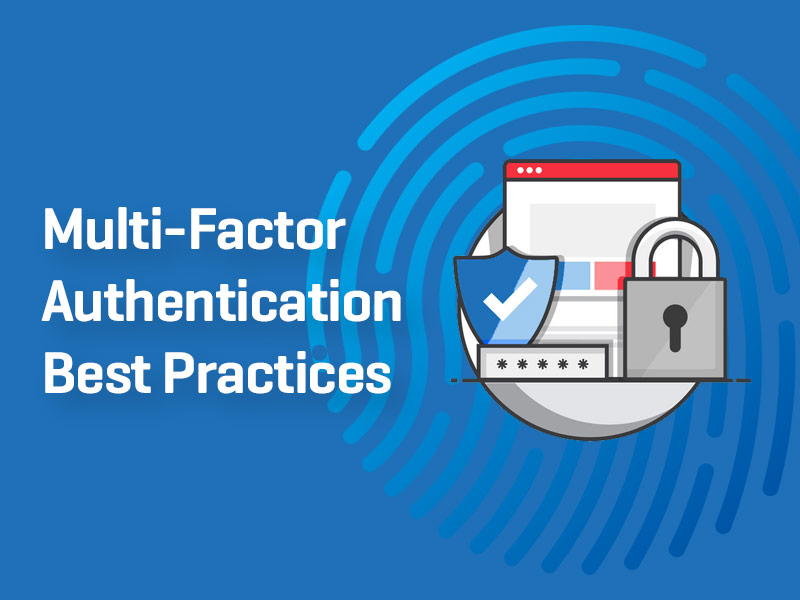Data security is becoming an increasingly pressing issue for businesses in today’s digital age. With a staggering 64% of companies having experienced a cyber attack at least once and an estimated 30,000 website hacks occurring every day, it’s essential to ensure the safety of both your customers and your own business data.
Fortunately, there are some simple measures you can take to protect your business data and keep it secure. From being SOC compliant and setting up stronger passwords to enabling two-factor authentication and using secure cloud storage, you can follow these five simple steps to ensure your business is protected from any potential threats.
Read on to learn how you can keep your business data safe.
Keep Your Business Data Backed Up in Multiple Locations
Data is a valuable asset for businesses, so it’s important to ensure that it remains secure. One of the most effective ways to protect business data is to back it up in multiple locations. Ideally, stored onsite in physical hard drives or in the cloud, or with a third-party provider. This ensures that companies have access to their information when needed, regardless of what might happen.
Not only will this give businesses peace of mind, but it also helps reduce the risk of long-term data loss as well as ransomware and other cyber attacks. By regularly backing up your business data in multiple locations, you can save yourself time and money while protecting important information from malicious threats.
Protecting Business Data With a SOC 2 Audit
A SOC 2 audit is an important tool for protecting business data. It is designed to provide assurance that the organization’s systems, processes, and controls meet the organization’s security, availability, processing integrity, confidentiality, and privacy.
This audit examines the security controls and procedures used to protect the organization’s data, including access controls, system configuration, and patch management. Additionally, auditors look at the organization’s security policies and procedures to ensure they are being implemented correctly. By conducting a SOC 2 audit, organizations can ensure their data is safe and that their security policies are in compliance with industry regulations.
Use Strong Passwords and 2FA
For business owners, safeguarding your data is paramount, and part of that process includes limiting access with strong passwords and two-factor authentication. This not only creates an extra layer of protection for your accounts but also makes it far more difficult for malicious outside parties to gain access.
Using unique, complex passwords for all business accounts, combined with two-factor authentication locks down and secures the doors on your data. So, for a few moments of extra effort and time taking these measures now, you can be sure that you are protecting your assets against threats in the future.

Encrypt Sensitive Data
Encrypting all sensitive data should be a top priority for any business. Doing so not only adds an extra layer of security to your information but also provides peace of mind knowing that your company’s data is safe from unauthorized access.
A good encryption protocol behind the scenes can help to protect data even during a breach due to the extra layer of protection it offers against malicious actors. By taking the time to encrypt all sensitive data for your business, you can rest assured that it is secure and protected as much as possible.
Limit the Access
Protecting your business’ data from unauthorized access has never been more important. A well-thought-out process for limiting access to only necessary personnel and parties can ensure that critical information remains safe at all times. Establishing a clear policy as to who needs to have access, when such access is needed, and what levels of access should be enabled is essential for reducing the likelihood that unauthorized individuals gain access.
Related: Trending Cyber Security Tips for Business Owners
Bottom line
As much as businesses might like to think data breaches will never happen to them, it is essential to have a plan in place just in case. Having a plan for when, and if a breach does occur, can save not only money but also time. Without an effective strategy already mapped out in advance it can be difficult to know where to start or what steps are most important. Taking the time to develop a strong protocol will protect not only your business but your customers as well in times of crisis.







